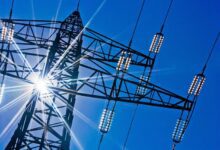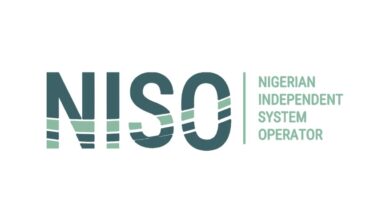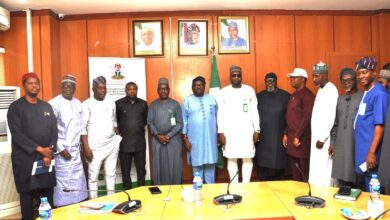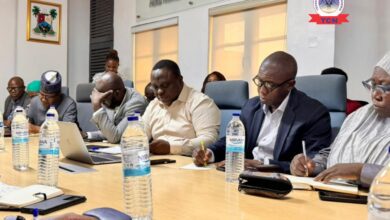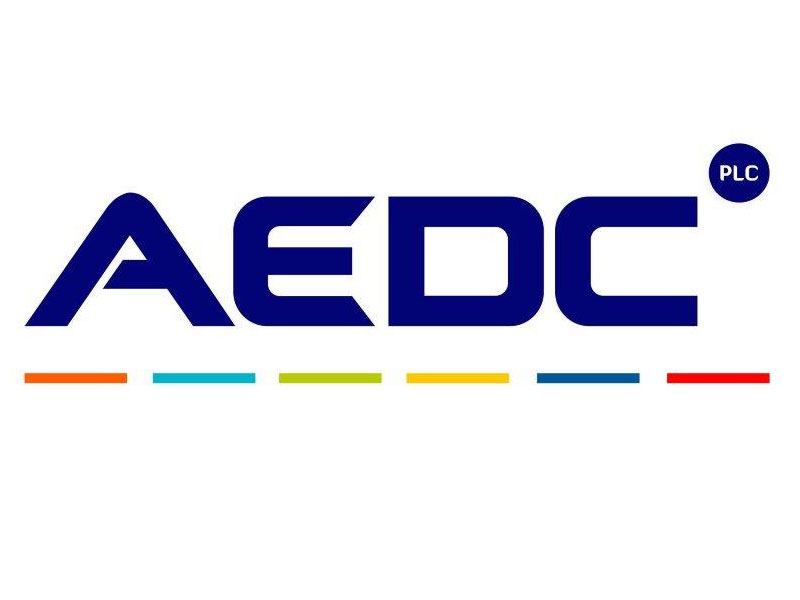Chinese Coy To Assemble Electric Tricycles, Builds Renewable Energy Academy In Nigeria
By Sunday Etuka, Abuja
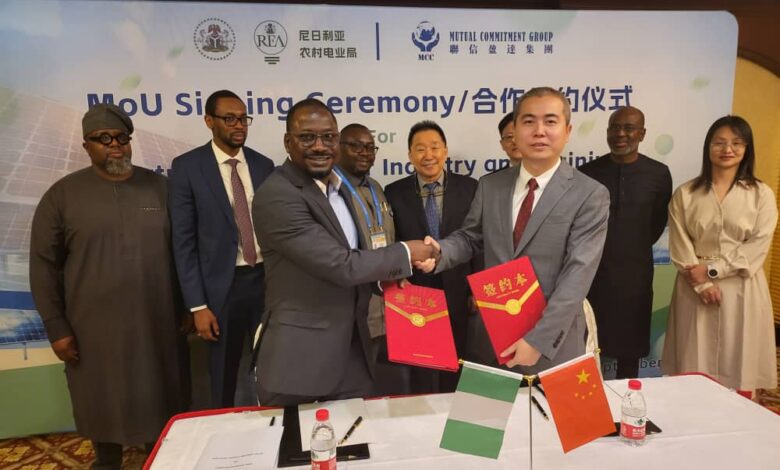
The Federal Government of Nigeria has signed two Memorandum of Understanding (MoUs) with a Chinese Company, Mutual Commitment Company (MCC) limited to assemble electric tricycles, and establish Renewable Energy Academy in the country.
The MoU was facilitated by the Rural Electrification Agency (REA), an agency of the Federal Ministry of Power, according to a statement made available by the Ministry on Tuesday.
Present at the ceremony to represent Nigeria were the Minister of Power, Chief Adebayo Adelabu and the Managing Director of REA, Mr Abba Aliyu.
Speaking at the event which took place in Beijing on the eve of the opening ceremony of the African-China Co-operation Summit, Adelabu said the MoU event is important and will go down as a memorable day for Nigeria.
He congratulated the REA and the National Power Training Institute of Nigeria (NAPTIN) for the event as it goes a long way towards achieving Nigeria’s vision for the renewable energy sub sector of the entire electricity sector value chain.
He said the MoU signing is important for several factors.
“ I know Nigeria and China have a lot of things in common one of which is the fact that Nigeria and China are both high population countries and with a country with high population, you have so much pressure. The first pressure is that of energy access and the second being job creation. So when you take steps to achieve both, it is a thing of joy. I am particularly happy that this is happening during the tenure of President Bola Tinubu, as it is in line with achieving the Renewed Hope Agenda of the administration for the country.”
The Minister reiterated the fact that President Tinubu has prioritized the power sector as the driver for all other critical sectors of the economy and, “ he is giving us all the support to ensure we deliver on his electoral promises”.
He noted that energy access and expansion is government’s major priority because nothing can be achieved without strong, stable, functional and reliable electricity sector.
“ We have relied so much on centralization of our power sector for so long that it is not taking us anywhere”.
He revealed that almost 40 percent of Nigeria’s population lack access to energy with its attendant consequences.
“So moving away from centralization, we have decided to adopt the distributed power model to ensure that every Nigerian has access to energy. A lot of our population reside in the rural areas, a lot of our institutions-educational and tertiary health institutions are isolated and they are still facing epileptic power supply. We have also found out that the adoption of distributed energy model will expand the energy net for our rural dwellers, the rural businesses, our universities and tertiary health institutions. Which is why the focus is on renewable energy which we believe is scalable and can exist in isolation of national grid that is currently facing lots of pressure”.
According to him, as Nigeria continues to expend energy access, the country also wants to achieve transition to cleaner sources of energy that are sustainable and environment-friendly.
“Which is why we have both long-term and medium -term target to achieving net zero carbon emission by year 2060 and also to enable us achieve 30 percent of our energy generation coming from renewable energy by year 2030. So renewable energy is currently a major focus for us in the power sector”.
He said the two MoUs would achieve the vision for the renewable energy sub segment of the power sector with focus on five items— development of local capacity , noting that along the value chain of the renewable energy sector, a lot of human and material resources that are required are still significantly dependent on import which, “we believe we should reduce gradually.
“Also, we will be able to produce jobs for our large youthful population that is growing everyday. Our polytechnics , technical colleges and universities are turning up graduates on a yearly basis without assurance of job placement. This will go a long way to make it happen, at the same time, we will be able to achieve our energy access expansion”.
According to the Minister, northern Africa countries such as Tunisia, Morocco, Egypt and Algeria have achieved 100 percent electrification of their countries and South Africa, about 95 percent.
“It is unfortunate that Nigeria is still at 62 percent, though there are still some African countries with worse level of achievements but this is not where we belong. If these countries are able to achieve this, why is it not possible for Nigeria with the level of our natural endowment ? We have the gas, the dams are also there for the hydro power electric. The wind, both desert and coastal is there while sunshine is also effective. So what are we waiting for? A step like today’s, will enable us move up on our level of electrification. This will consequently lead to growth in our Gross Domestic Product (GDP) because of the economic activities that would be created. This will also save us foreign exchange expenditure on importation and create jobs for our people, if we assembly these things locally”.
Speaking earlier, Aliyu reiterated the importance of the ceremony as it is capable of delivering on the Presidential mandate of building local capacity and creating more job opportunities.
“ We will track this and ensure the delivery of the commitment within the tenure of the present administration. We will also track the economic factor that this initiative will drive, the level of GDP contribution, the employment opportunities provided and the socio-economic activities that will crystallize”.
He said MCC is presently engaged in Nigeria with the construction of 12megawatts and 3 megawatts power plants in Maiduguri and Kaduna, respectively.
Vice Chairman of MCC, Yan Zhezhu who spoke through an interpreter expressed appreciation on the power minister’s commitment to Nigeria’s energy growth.
“We are not new to Nigeria having started in Oyo State a long time ago. Presently, we have ongoing projects in Maiduguri and Kaduna and we appreciate the cooperation we have so far received. Our projects have seen us working with States and the Federal Government in Nigeria and we are committed to do more”.
Meanwhile, the National grid on Monday hit a record high of 5,313 megawatts, a record high in the last three years. On the heels of this, the Minister called on the Distribution Companies to make use of the opportunity to take more energy in order to prevent grid collapse as frequency drops, when power is produced and not picked by the DISCOs, adding that efforts would be made to encourage industries to purchase bulk energy.
However, a top official of one of the DISCOs in the country said the companies are finding it difficult to pick the extra energy being produced because, “ we are not happy with the tariff on other bands apart from Band A. As it is now, we are basically operating at a loss. Yes, they supply more power but this problem could be solved with improved tariff for the other bands and more meter penetration to recover cost”, he said.


